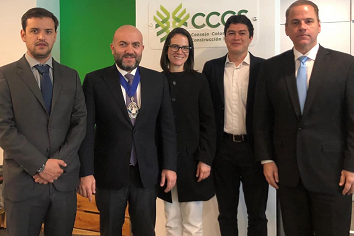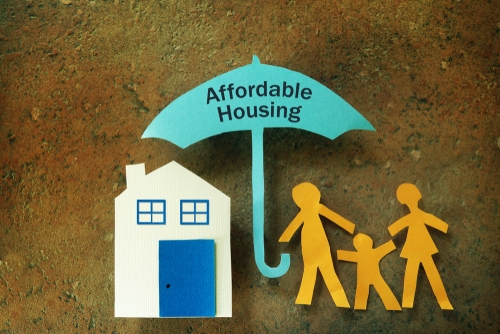

Digitalisation: major impact on the Real estate industry
As 2021 was associated with the boom of web3 and blockchain technology continuing to rapidly enter different areas of traditional industries, the real estate sector was also exposed to a wide range of transformations that aim to make the market more accessible and easier to manage.
There are several directions in which digitalisation is being applied in real estate, starting with the simplification of the managing process for owners and investors, which includes integrating several managing apps like Smovin, and ending with the fully automated transaction process through platforms like RealT and Propy (on blockchain).
Virtual real estate is another example of digitalisation which has gained popularity lately, mainly since Facebook decided to rebrand itself to Meta. A metaverse is often defined by virtual parcels and properties owned by different people. Decentraland and The Sandbox are two of the best-known examples that allow users to buy virtual land, use cryptocurrencies, and build content like virtual estate so other users can visit and interact with it.
Digital solutions in real estate have simplified many intermediary actions like virtual tours, apartment matching, reviewing the property’s history of ownership/lending, accessing legal documents and automating the procedure of ownership transfer. These are not only time-saving alternatives but also efficient ways to reduce the cost of hiring third parties, who traditionally deal with this work.
Digitalising contracts plays an important part in this big move, and the European Union committee concerned is actively discussing the implementation of smart contracts in different industries and introducing new regulations that will enable wider adoption of blockchain technologies. In the case of the real estate sector, all the necessary information related to transactions and the title deed can be stored on a smart contract, which may also include the rules and conditions under which the property can be leased or sold, and the agreement between the buyer/tenant and the seller/landlord. Such ideas were partially implemented in a few successful projects mainly based in the USA (Property Club, ManageGo). Meanwhile, various organisations like PropTech Lab, Fintech Belgium, and others are investigating the opportunities behind real estate digitalisation more frequently, including the methods that involve AI integration in the property management process.
Real estate is considered to be a very traditional industry in general and some of these innovations are still slightly too early to be operational. However, the demand for innovations in this sector is very high, reflecting the level of new opportunities that they bring to the industry.
At the same time, these opportunities will require careful implementation and handling, on operational, legal and tax levels. For example, on a tax level, real estate is and always has been taxed in the country where the real estate is located. If, however, real estate is transferred – for example – by means of a tokenization process, it will become a major challenge for tax regulators to assess where and when transactions are being executed. Obviously, the stakes and financial interests are very high here for all parties concerned…
Sofia Zhidkova • New Tech Investment Advisor • CEO Acreo Partners
Thomas Blommaert • CEO AdvantITge
Source: Instituut Voor Vastgoedplanning


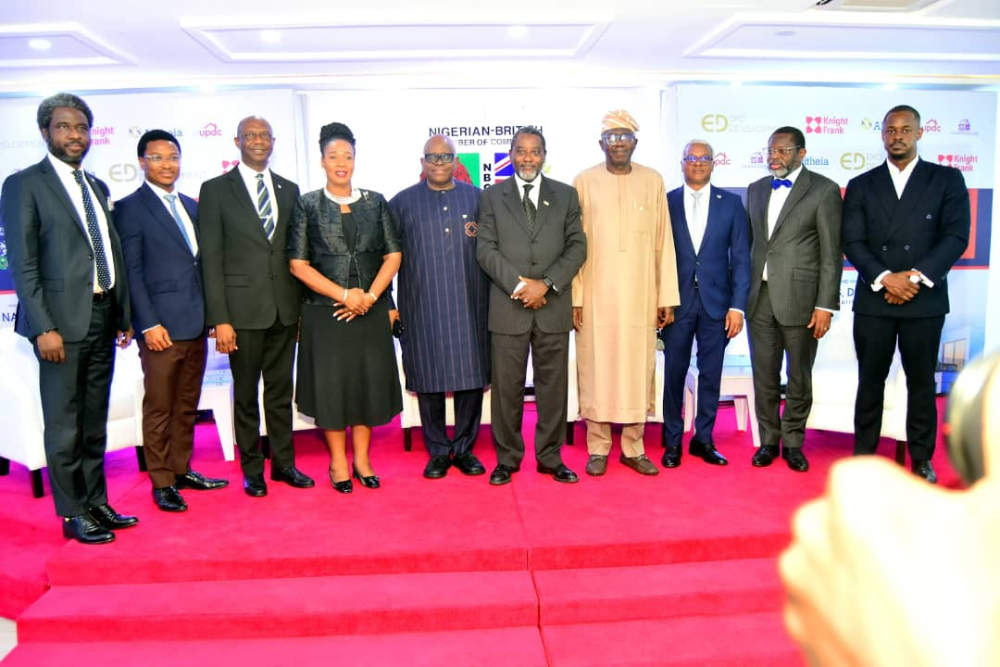







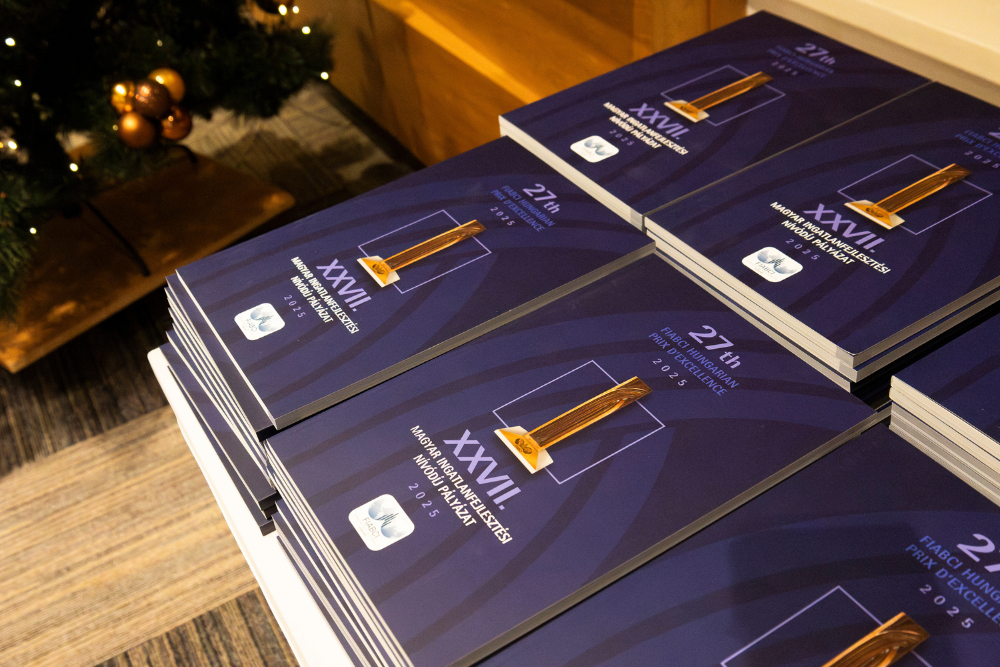
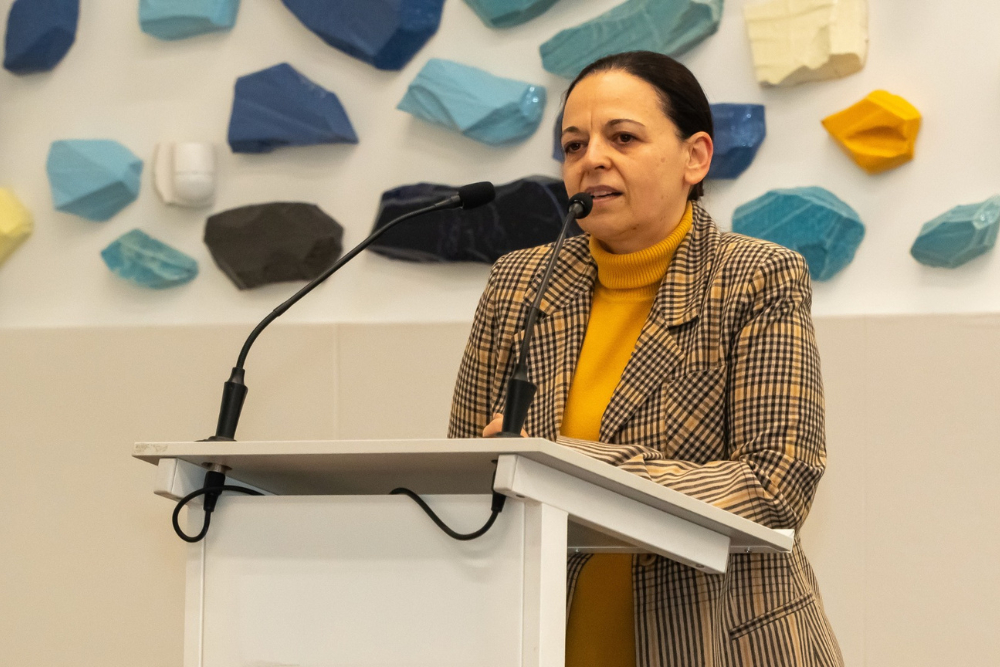






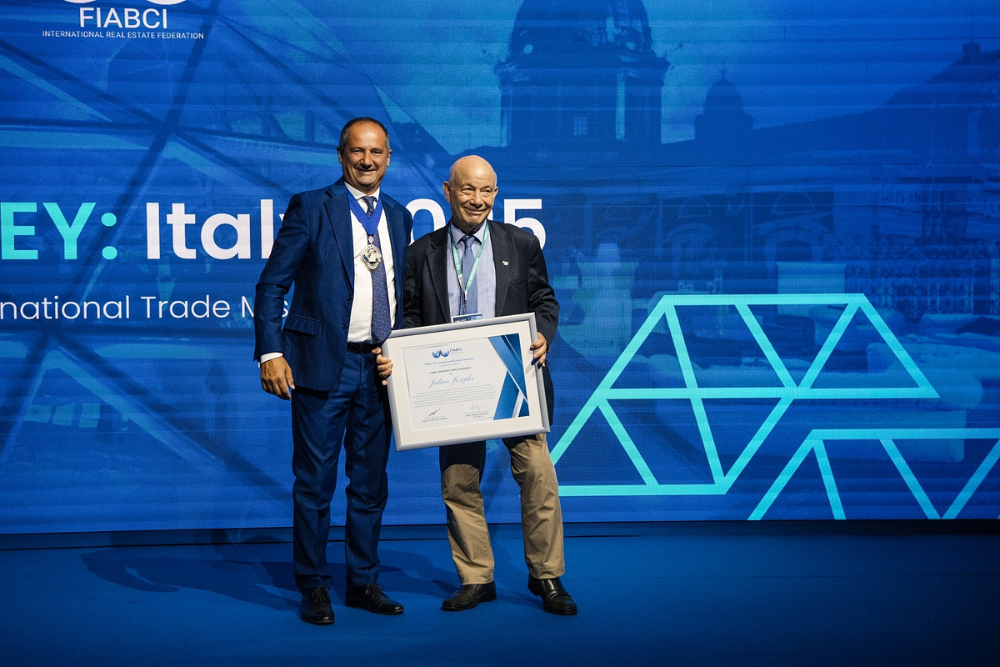
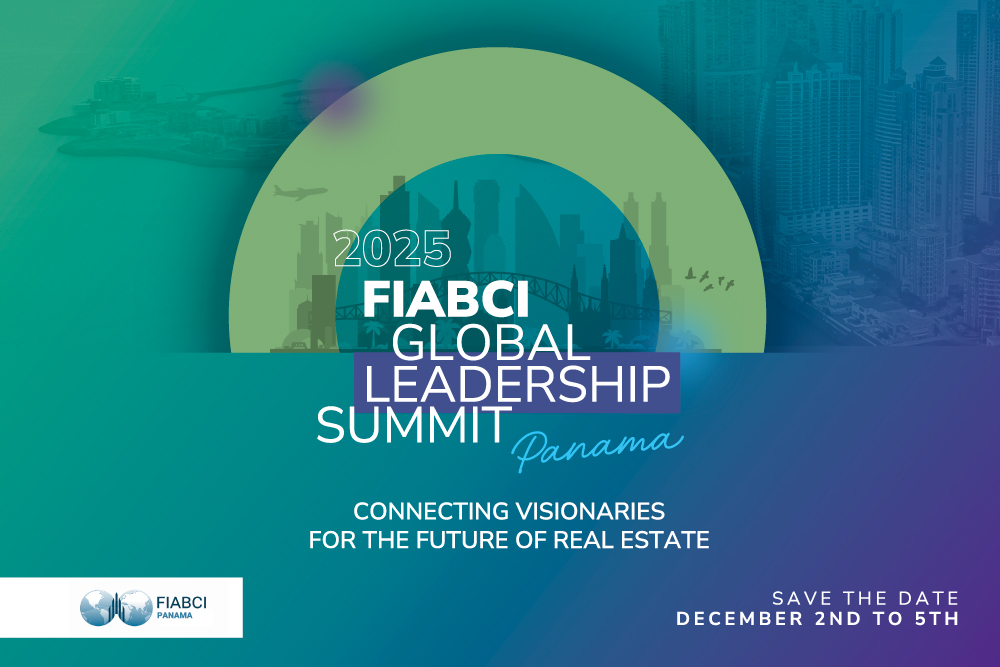

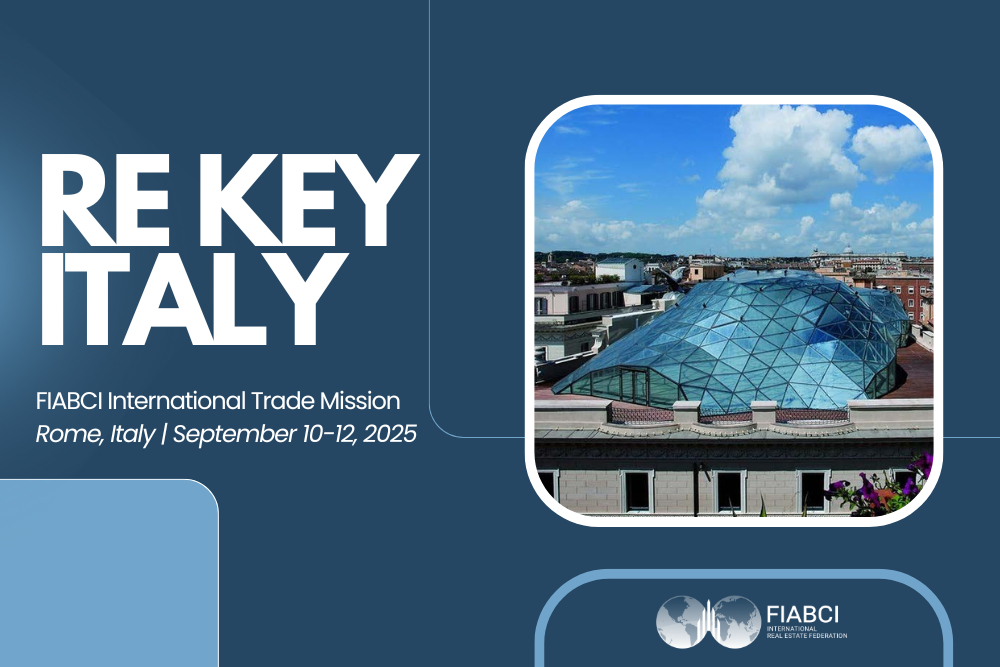
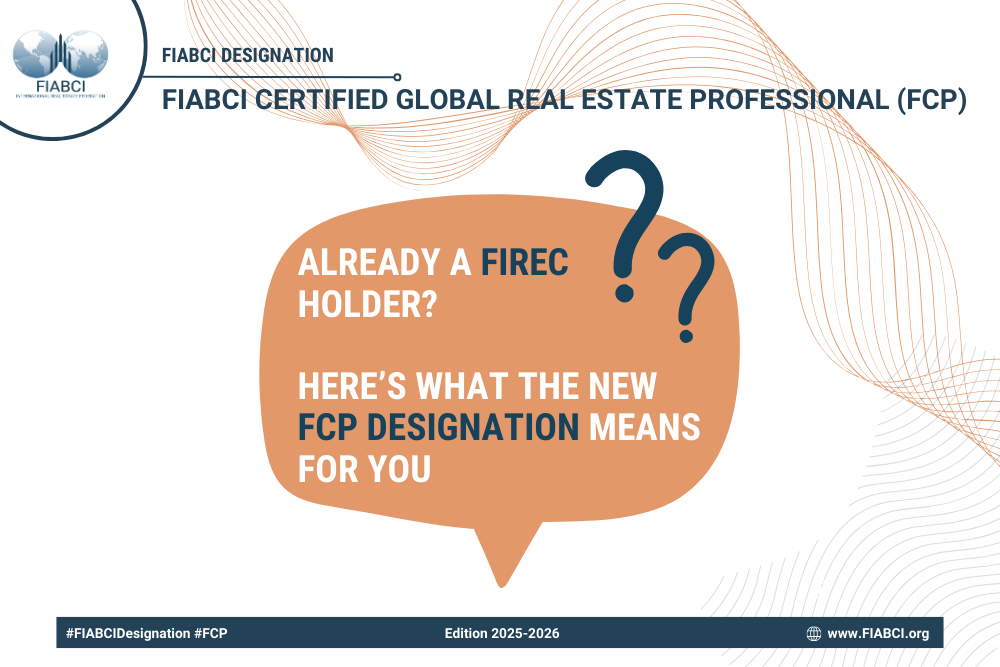


























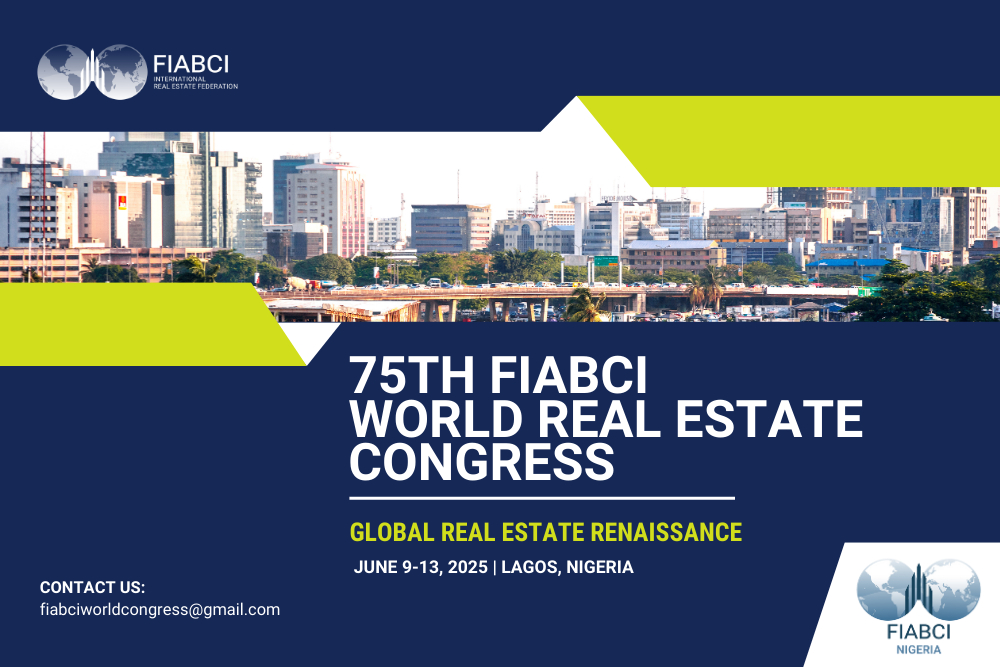










































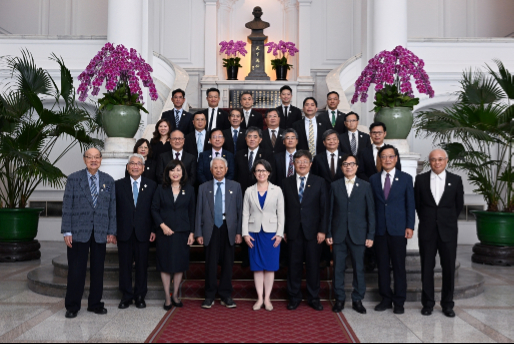













































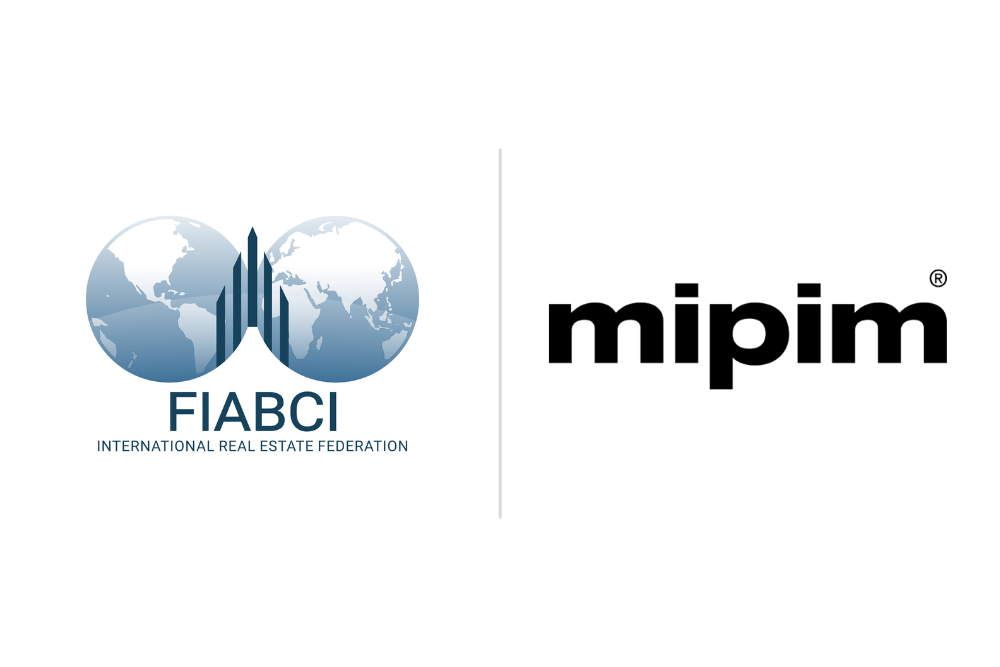




















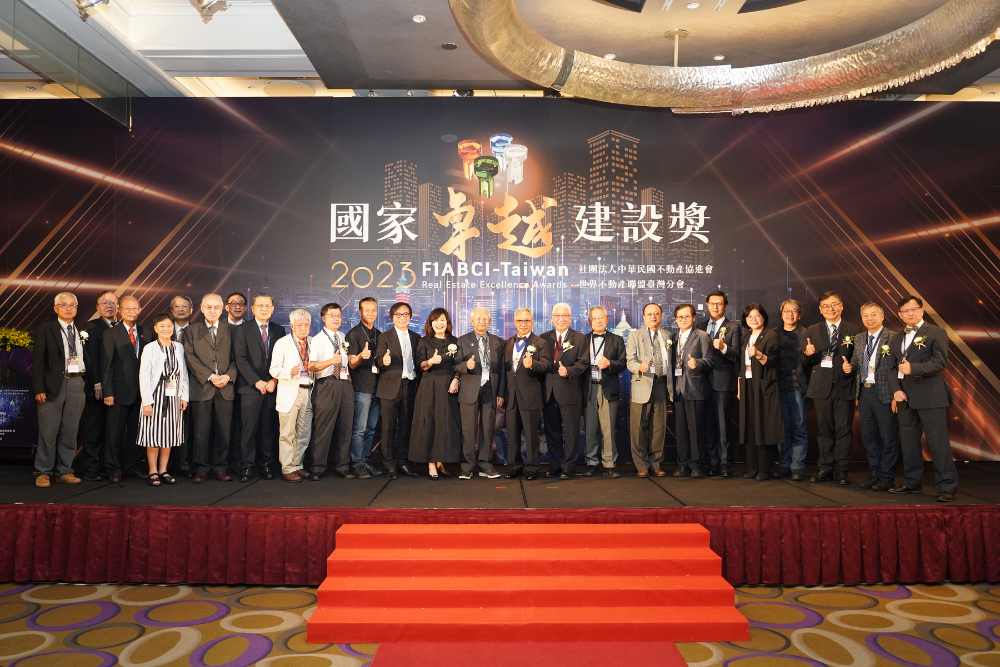







































































































































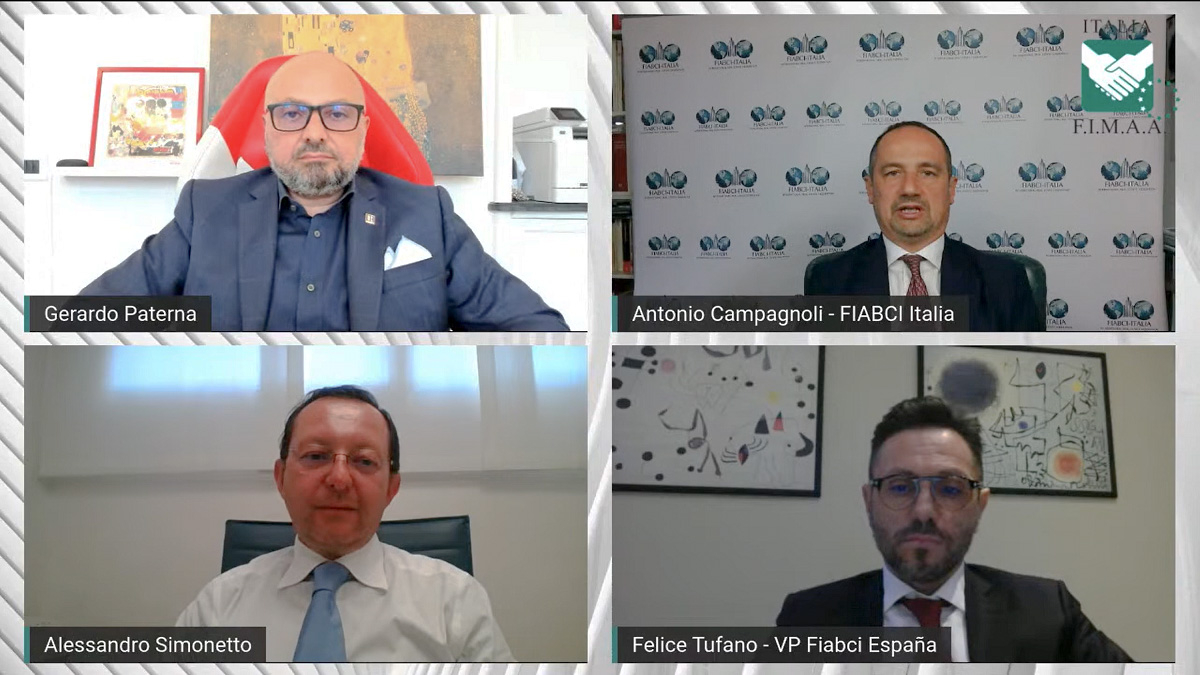


















































![[Webinar Summary] COVID-19: What lies ahead for the Real Estate Industry?](/uploads/news/9i1w05plq2ksbcswuyj5ze2nr.png)
































